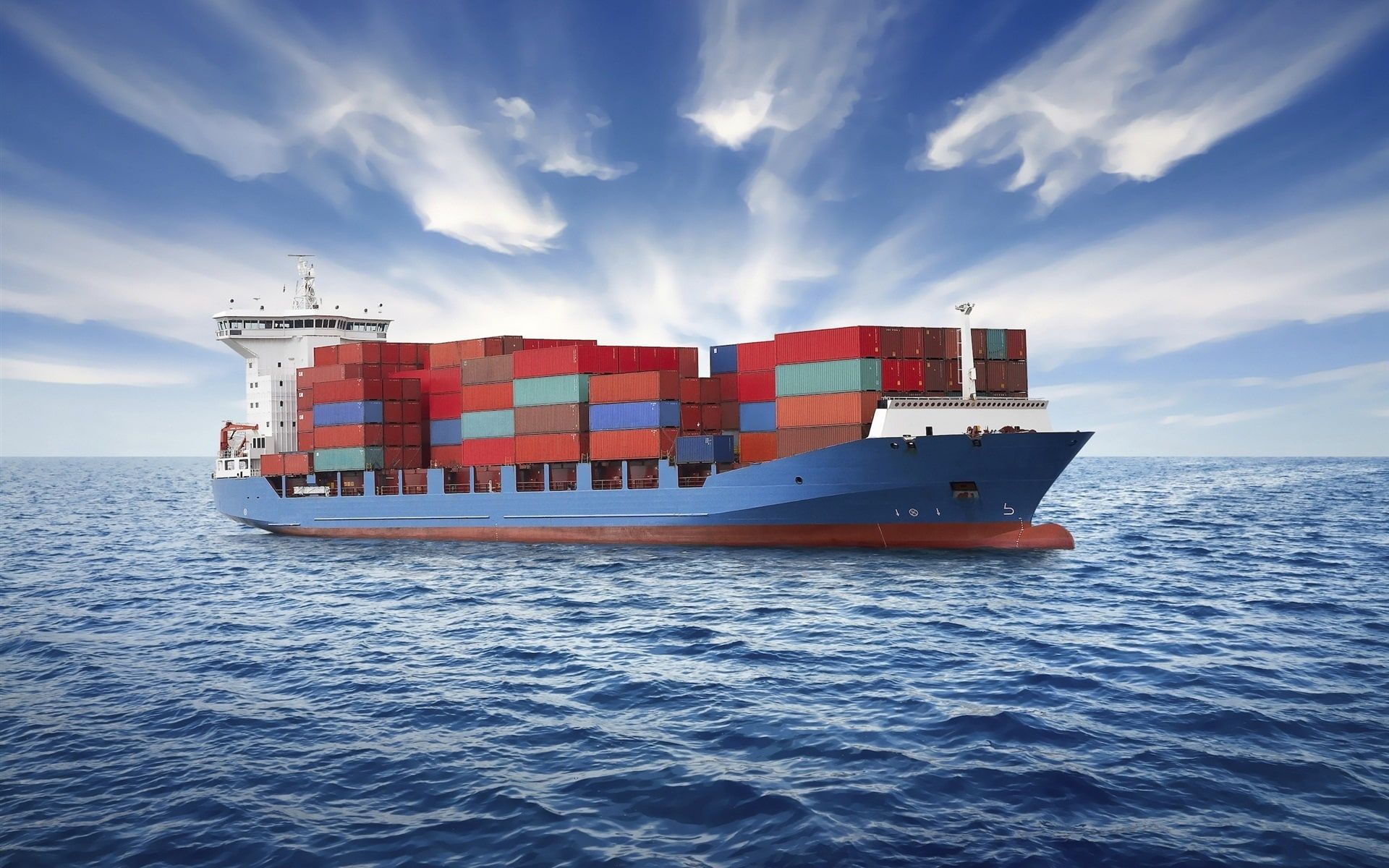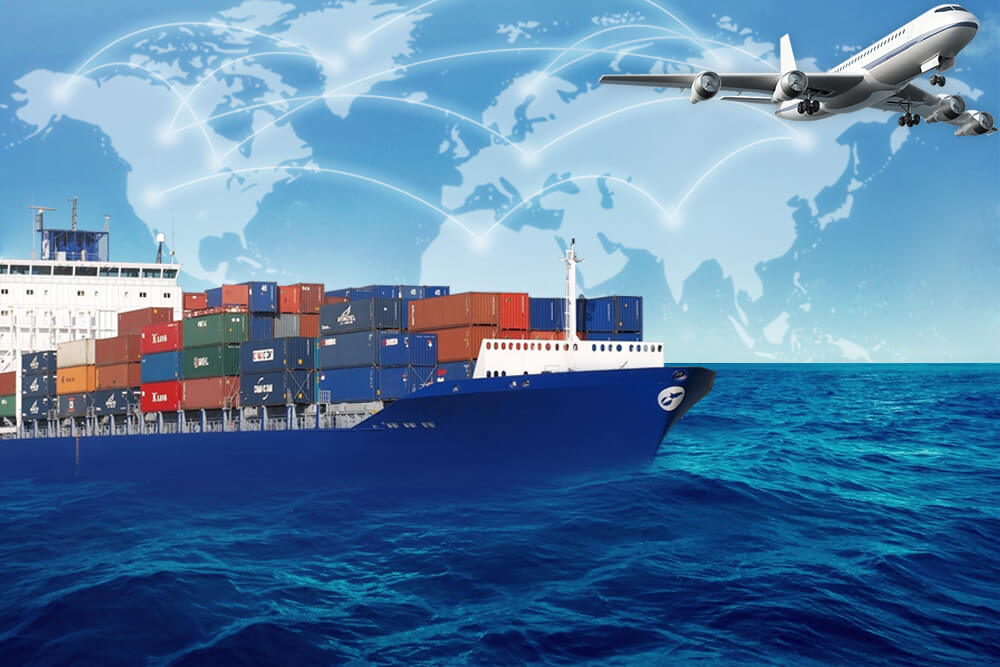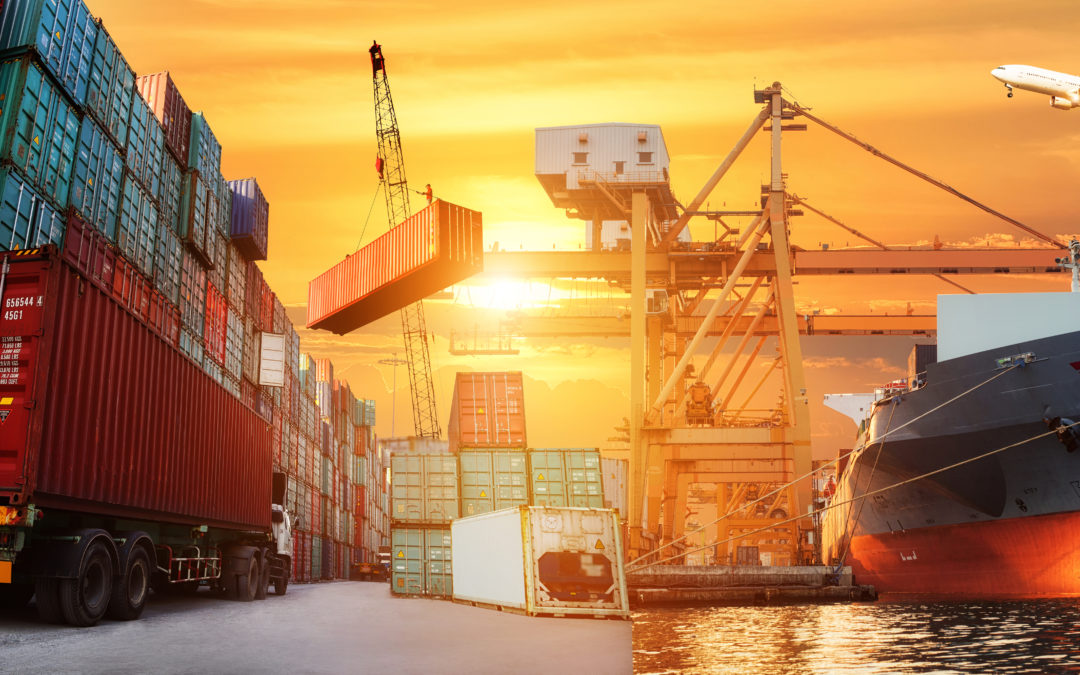How do international freight forwarding companies deal with weather and natural disasters?
International freight is facing uncontrollable factors such as weather and natural disasters, which may have a serious impact on the transportation of goods. The following are some suggestions and strategies adopted by international freight forwarding companies when dealing with weather and natural disasters.
Real time monitoring of weather conditions
Using advanced meteorological forecasting tools:
International freight forwarding companies should use advanced meteorological forecasting tools to monitor the weather conditions of destinations and transportation routes in real-time. This helps to anticipate possible weather changes in advance and prepare for adjusting transportation plans.
Establish an emergency response team:
Create a dedicated emergency response team responsible for monitoring weather and natural disaster situations. The team should have the ability to make timely decisions and take action to ensure the safety and smooth transportation of goods.

Risk assessment and planning
Develop a detailed risk assessment plan:
Suggestion: International freight forwarding companies should develop a detailed risk assessment plan to assess transportation routes and destinations that may be affected by weather and natural disasters. In high-risk areas, there should be corresponding alternative solutions and plans.
Collaborating with insurance companies:
Collaborate with insurance companies to ensure reasonable compensation for losses caused by weather and natural disasters. Understand the relevant clauses and restrictions in insurance policies in order to initiate claims procedures in a timely manner when needed.

Flexible transportation plans and route selection
Develop diversified transportation plans:
Suggestion: Develop diversified transportation plans and consider being able to quickly switch transportation modes or choose alternative routes in the event of sudden weather changes or natural disasters. Ensure that the goods are well prepared.
Choose safe routes and ports:
When planning transportation routes, choose safe routes and ports. Avoid passing through areas susceptible to natural disasters and ensure the relative safety of goods during transportation.

Continuous training and raising employee awareness
Regular training for employees:
International freight forwarding companies should regularly train their employees to enhance their awareness and ability in weather and natural disaster response. Employees should be familiar with emergency handling procedures and relevant transportation and safety regulations.
Information sharing and communication process:
Establish an information sharing and communication process to ensure timely sharing of information among various departments and teams within the company in the event of weather and natural disasters, in order to coordinate responses.

Technology investment and innovative application
Utilizing IoT technology:
International freight forwarding companies may consider utilizing IoT technology to track the location and transportation conditions of goods in real-time through sensors and monitoring devices. This helps to adjust transportation plans in a timely manner in case of sudden weather changes.
Data analysis and predictive applications:
Utilize data analysis and prediction applications to predict weather and natural disasters through historical data and models. Take appropriate measures in advance to mitigate potential losses.
Conclusion:
In the face of uncontrollable factors such as weather and natural disasters, international freight forwarding companies need to develop scientific planning and flexible response strategies. By means of real-time monitoring, risk assessment, and flexible transportation plans, we ensure the smooth operation of goods transportation in complex environments.




